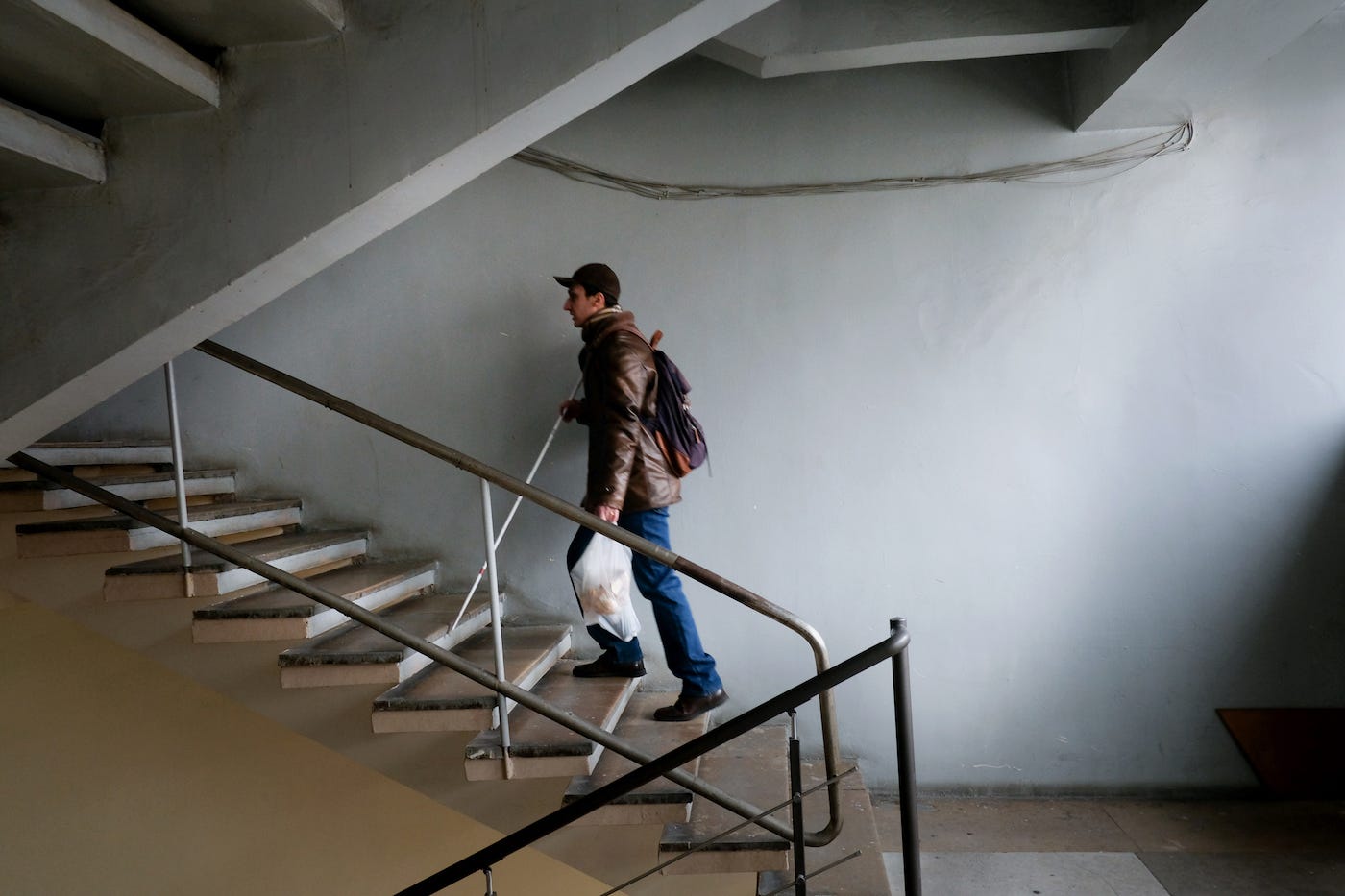UNDP report on rights of vulnerable groups in EECA
Over 70 years on, human rights remain a bedrock of the UN’s mission and mandate. Since the adoption of the Universal Declaration of Human Rights, we have seen advancements such as a decline in genocide and the number of people killed in war, and improvements in life expectancy and infant mortality.
However, human rights remain under threat in many places around the world, especially the measures to end discrimination and promote greater justice. Today as much as ever, safeguarding them requires our attention and our vigilance.
In the region of Eastern Europe and Central Asia, threats and vulnerabilities of people towards discrimination, exclusion and violence remain high.
Here are six major human rights problems that we are seeing:
1. Shrinking civic space. Civil society organizations are facing increasingly restrictive laws and regulations for their registration, access to funding and participation in public affairs. Human rights defenders receive threats and attacks in both online and offline space for their legitimate actions, often without accountability of their perpetrators. Those who voice the rights of women, ethnic minorities, the LGBTQI community, migrants and refugees, and those who work on anti-corruption, environmental rights and investigative journalists are especially under attack.
2. Divisive ethnic and nationalistic rhetoric continues to undermine trust between communities. In Western Balkans, the progress towards reconciliation is stalled, and political and criminal accountability for war crimes remains limited. Resolving the fate of over 10,000 people still missing is a pressing social need.

3. Displacement is on the rise. Conflict has internally displaced 1.4 million people in Ukraine. Turkey hosts around 3.6 million registered Syrian refugees, among which up to 80 percent are living below the poverty line. Around 5 million Central Asian labour migrants who work in Russia, Turkey and Kazakhstan face daily discrimination and lack adequate legal and social protection.
Displaced people experience tensions with local communities and face unequal treatment, unequal opportunities at work and lack of access to basic services on a daily basis.
4. The push for “traditional or family values” contributes to widespread harassment, discrimination and violence against women, children, persons with disabilities, minorities and the LGBTQI community. What’s especially distressing is that these groups often lack adequate legal anti-discrimination remedies, where such anti-discriminatory framework exist, implementation of laws often lags behind. Traditional values may also fuel negative stereotypes and harmful practices and be used as justification for violations of human rights — as in the case of Burulai in Kyrgyzstan, who was killed by her kidnapper during an act of “bride kidnapping”.
5. Women remain subject to discrimination and violence and are denied access to positions of power and/or leadership, through both active and passive discrimination. Indeed, the most unsafe place for women remains their own homes, as women are most likely to be killed by intimate partners and family. Although women make up slightly less than half the labor force in the region, they earn on average 30 percent less than men. Women’s labour force participation rates for ages 15–64 range from a low of 29 percent in Turkey to a high of 78 percent in Kazakhstan. Only one in five firms in the region have women in top managerial positions.


6. People with disabilities are still among the most marginalized groups across the region. Around 16.5 million people living with disability face a wide range of issues, such as the lack of educational opportunities, reduced access to health and social services, and exclusion from political decision-making processes and income generation and employment opportunities. For example, in countries like Armenia and Kyrgyzstan, the rate of unemployment for people with disabilities exceeds 90 percent. As a result, a vast majority of persons with disabilities live in poverty and have to rely on external support in order to live a decent life.
Such strenuous trends confronting the region and the globe require stronger collective commitment to human rights. For the development community, human rights are the foundation on which our work is built. When we reach out to empower the poorest and the most vulnerable, when we support governments to build strong, just and inclusive institutions, when we support the provision of essential services and infrastructure, we are helping to put in place the necessary conditions for people to live lives of dignity and opportunity.

